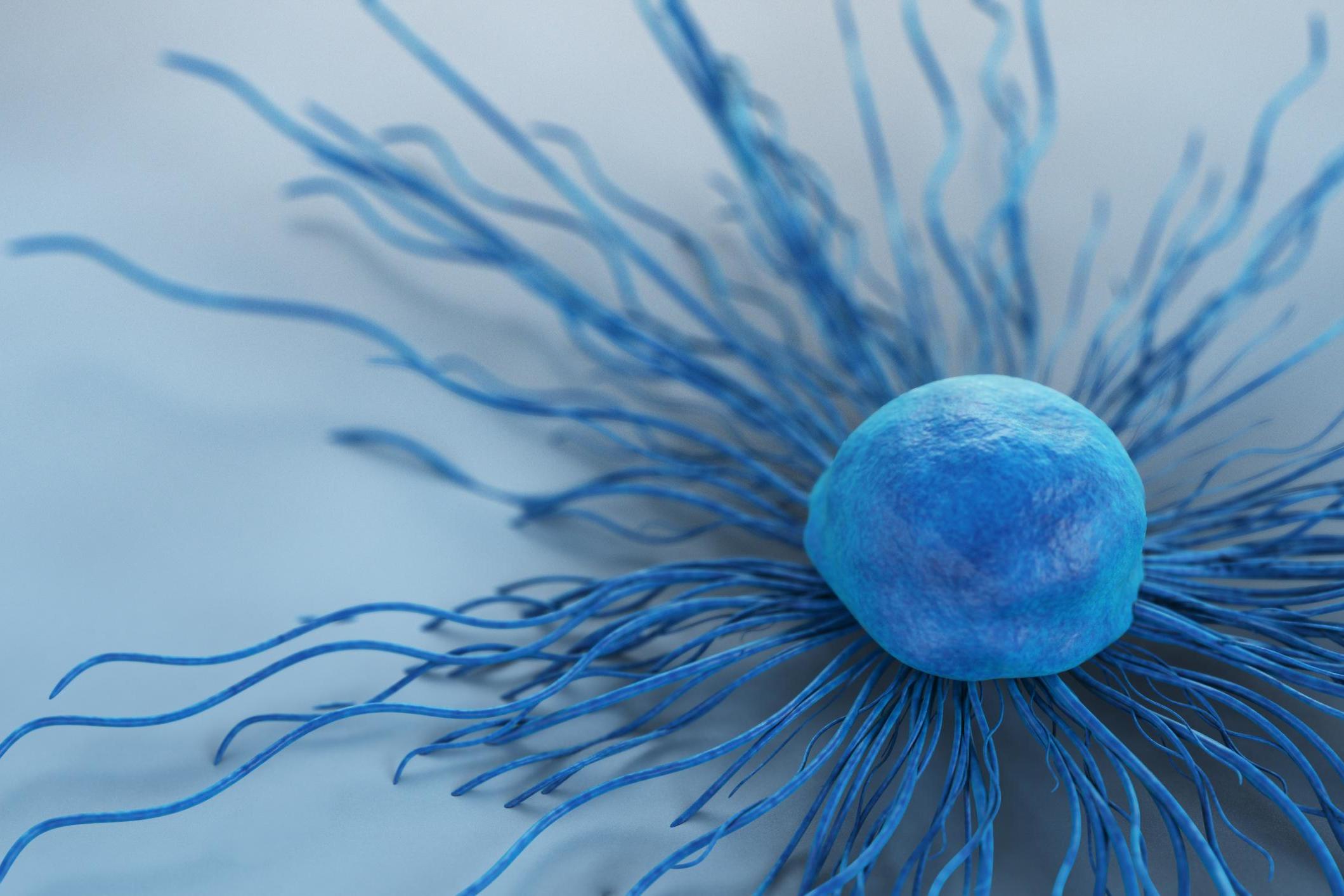Cervical cancer could be prevented with a single injection, suggests new study
Cervical cancer is the second most common type of cancer among British women aged 35 and under

Your support helps us to tell the story
From reproductive rights to climate change to Big Tech, The Independent is on the ground when the story is developing. Whether it's investigating the financials of Elon Musk's pro-Trump PAC or producing our latest documentary, 'The A Word', which shines a light on the American women fighting for reproductive rights, we know how important it is to parse out the facts from the messaging.
At such a critical moment in US history, we need reporters on the ground. Your donation allows us to keep sending journalists to speak to both sides of the story.
The Independent is trusted by Americans across the entire political spectrum. And unlike many other quality news outlets, we choose not to lock Americans out of our reporting and analysis with paywalls. We believe quality journalism should be available to everyone, paid for by those who can afford it.
Your support makes all the difference.Cervical cancer could be prevented with a single jab, according to new research.
Just one dose of the human papillomavirus (HPV) vaccine reduces the risk of developing the disease by more than a third.
A single measure of the vaccine is as effective as multiple doses, concludes the study.
The ground-breaking new findings have been published in CANCER, a peer-reviewed journal of the American Cancer Society.
Tests were conducted on a sample of 133,082 women and girls, half of whom had been immunised with either one, two or three injections.
Amongst those aged between 15 and 19 years, those who received one, two or three doses of the HPV vaccine had lower rates of pre-invasive cervical disease than adolescents who were unvaccinated.
Within five years, 2.65 per cent of unvaccinated teenagers of the same age range developed pre-invasive cervical disease, compared with 1.62, 1.99 and 1.86 per cent in the one, two and three-dose groups respectively.
The risk was 36, 28 and 34 percent lower, respectively, for the vaccinated teenagers.
The findings may help to achieve the World Health Organisation (WHO’s) goal of eliminating the disease earlier than expected.
Report author Dr Ana Rodriguez, of The University of Texas, said: “This study shows the impact of vaccinating at younger ages and its lasting long-term protection against cervical cancer.
“It is important to educate parents about the need to vaccinate their children,” she said.
Administering a single-dose vaccination campaign would be cheaper and easier than a multi-dose programme.
This could be especially effective for poorer countries who lack access to vaccines, but have the highest incidence of cervical cancer.
Over the past 10 years, schoolgirls across the UK have routinely been given the HPV vaccine when they are 12 or 13.
Cervical cancer is the second most common type of cancer among British women aged 35 and under.
Incidence rates for cervical cancer in the UK are highest amongst women aged 25 to 29, according to Cancer Research.
HPV lives in the skin around the genitals and can be passed on through sex and other intimate contact, even when using a condom.
The disease is responsible for more than 99 per cent of cervical cancers, as well as causing vaginal, vulval, anal and penile cancers, and genital warts.
According to the NHS, cervical cancer often has no symptoms in its early stages.
However, some of the most common symptoms can include abnormal vaginal bleeding, which can occur during or after sex, in between periods, or new bleeding after you have been through the menopause.
Other symptoms of cervical cancer may include pain and discomfort during sex, unusual or unpleasant vaginal discharge, and pain in your lower back or pelvis.
Join our commenting forum
Join thought-provoking conversations, follow other Independent readers and see their replies
Comments